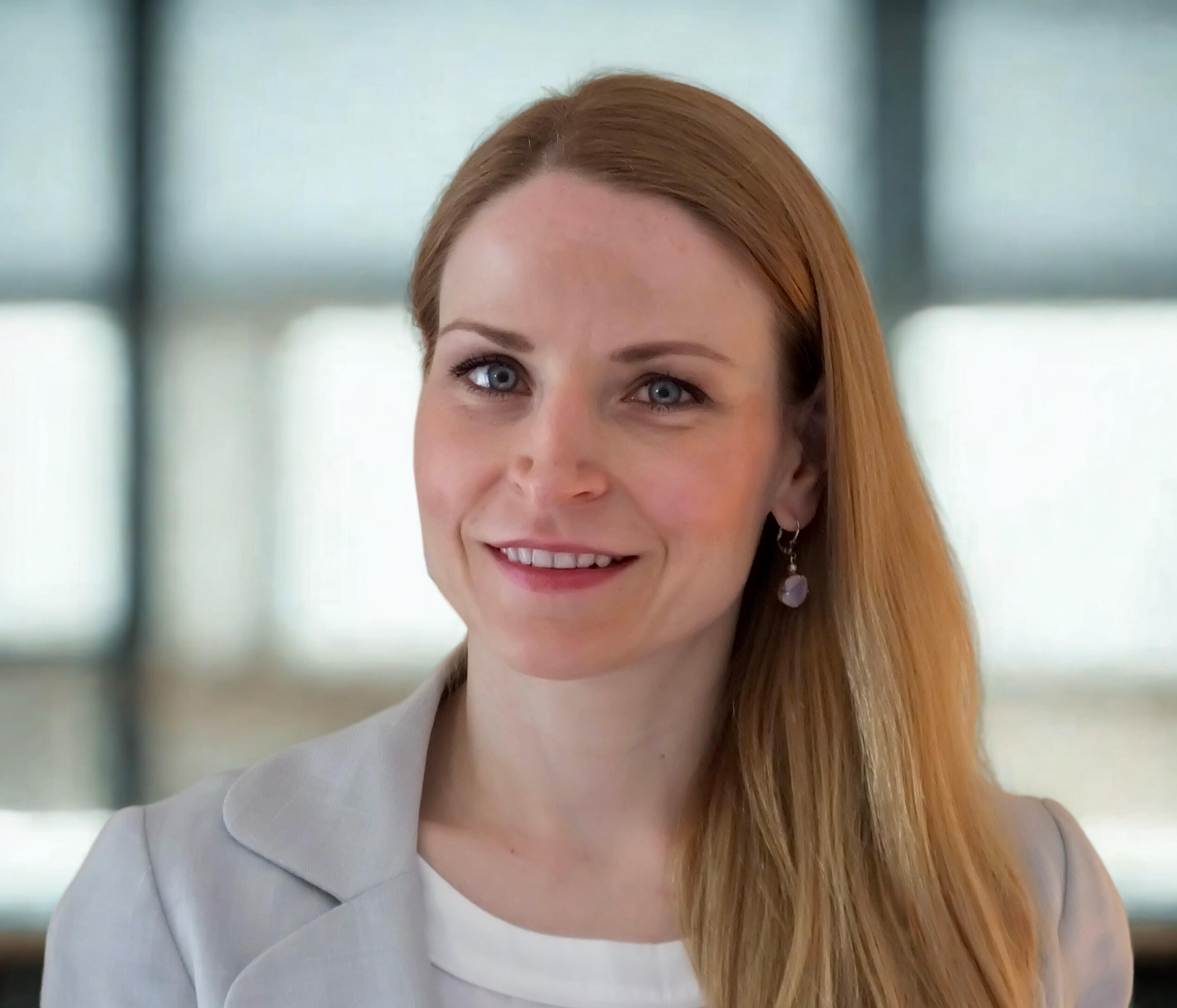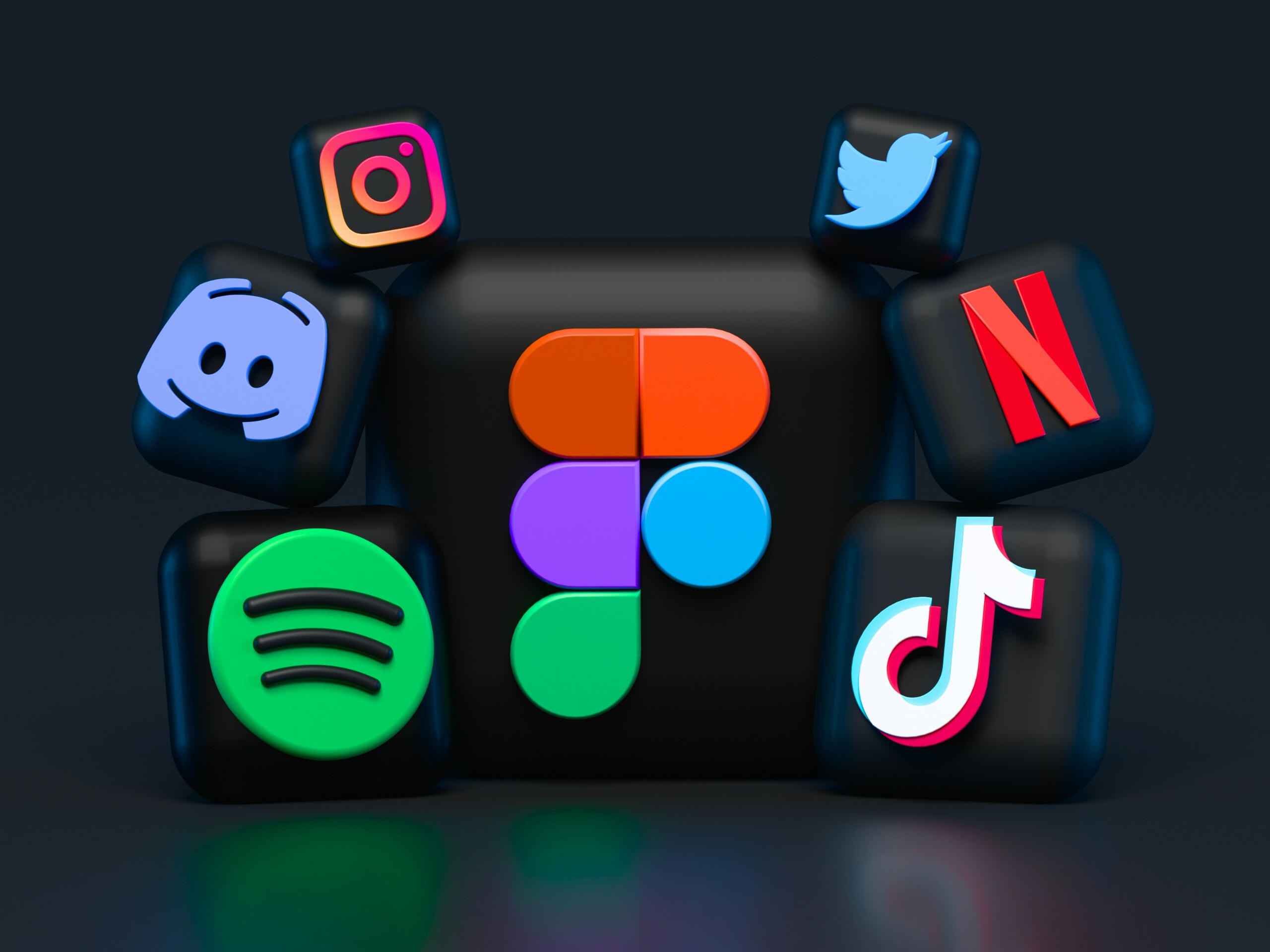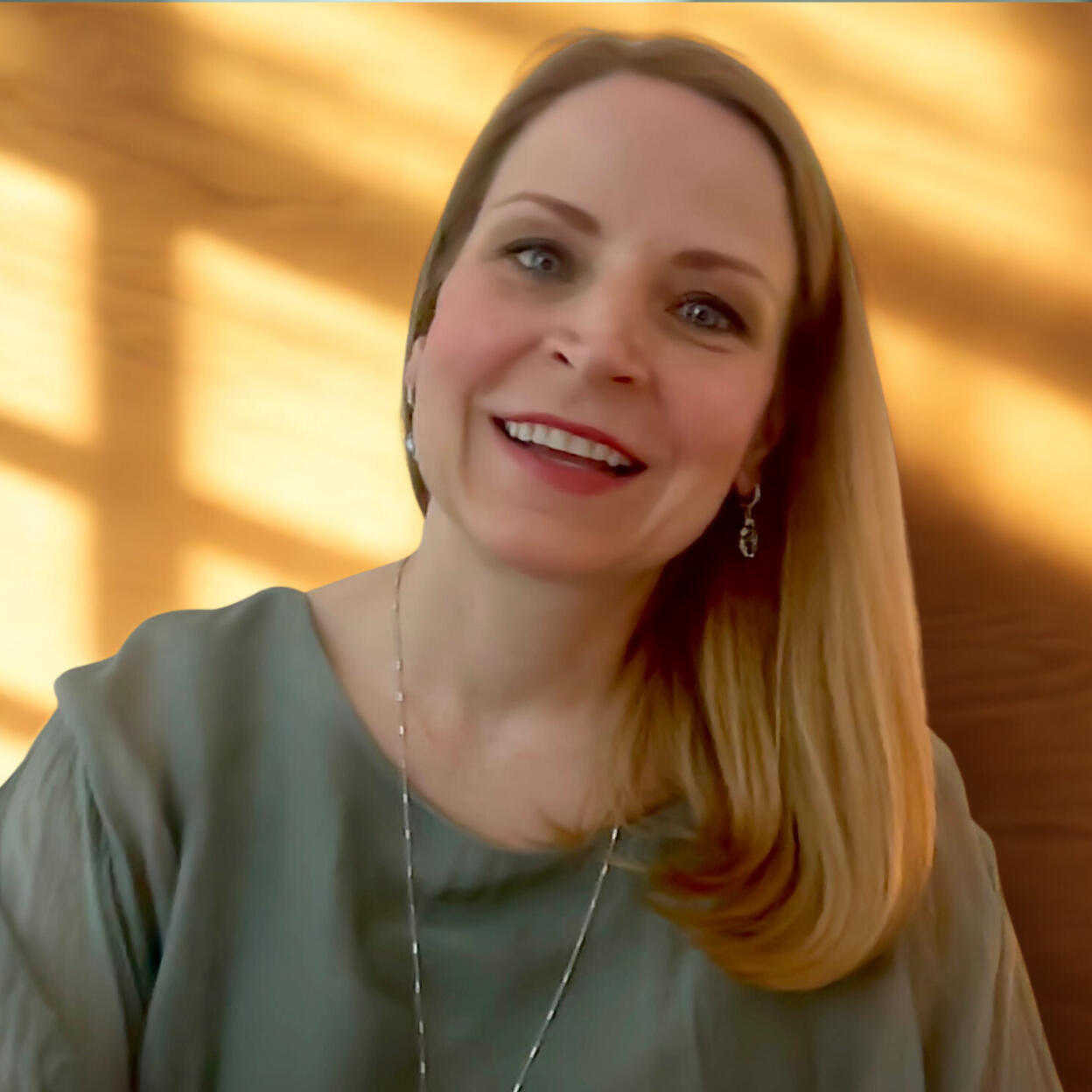Hello, I'm Astrid!

Talk that Unsettles, Listening that Changes Everything
This place is for you if you find yourself repeating the same patterns, but are unsure why. You’re neither broken nor a problem to be "solved". There is something you’re trying to say — through suffering, through silence — even if you don’t yet know what to say about all that.I work specifically with people who are interested in regaining control over their life from social media, internet and pornography addiction. If you’re silently struggling with these issues, you know the emotional toll: the guilt, the shame, the secrecy; and the frustration of wasting away time and of breaking promises to yourself and others.
Break the Cycle!
Whether it’s endless scrolling, Only Fans, TikTok or shopping sites and apps - you feel stuck in patterns you keep swearing you will quit - because they are affecting your confidence, focus, and ability to connect. But this can change! Find out what's really causing you to engage with addictive sites and channels and break free from the cycle of excessive media consumption for good.For over 20 years, I’ve helped thousands of people reconnect with themselves and repair the problems they entrusted me with. Whether it’s an addiction or just a 'bad habit' for you - my method is clear, practical, and built for real life.
This work isn’t quick, and it isn’t always easy, but it's doable, and lasting.
Insight Out - A Rolling Mini Blog
The Allure of Social Media Addiction
Part 68: A Glimpse into the Mirror
In the digital era of Instagram stories and TikTok loops, the subject of social media and porn addiction invites not just a social or psychological inquiry. From a psychoanalytic perspective, the endless scroll is more than habit—it’s the compulsion of the split subject, caught in the pursuit of a wholeness that forever escapes.At the core of social media’s allure lies the mirror stage—a notion of the moment a child first identifies with their reflection, mistaking it for a unified self. Social platforms offer a contemporary mirror, where we construct and project idealized images of ourselves. Each like, comment, or follower is a signifier—an attempt to stabilize our identity in the Symbolic order. But the more we post, the more the Real—a sense of lack, anxiety, or unfulfillment—leaks through.
The addictive pull is not toward connection, but toward the objet petit a—that unattainable object-cause of desire. We desire more attention, more visibility, more confirmation, but it never suffices. Because what we truly seek isn’t the like or the share—it’s to be recognized as whole. And that, Lacan tells us, is precisely what we can never have.
So, we scroll. We post. We curate our little mirrors. And in doing so, we rehearse a drama not of presence, but of lack.
When Screens Take Over: Online Dependency & Recovery
Part 67: Everything, Instantly - And Still, Not Enough
We live in a world where everything is just a click away. Food, entertainment, connection, distraction—all at our fingertips, all the time. We don’t wait anymore. We stream. We scroll. We swipe. In theory, it should feel empowering. Efficient. Liberating. But many of us feel the opposite: restless, anxious, unsatisfied.Because what we gain in speed, we often lose in depth.
A message sent in seconds lacks the warmth of a voice. A binge-watch fills the night but leaves no memory. A scroll through social media simulates connection, but we close the app feeling more alone. In a world of instant everything, our nervous systems rarely rest, and our souls rarely feel fed.The truth is, fulfillment doesn’t arrive as fast as content does. It comes slowly—in the pause, the presence, the in-between. In doing one thing at a time. In listening deeply. In waiting for what’s worth waiting for.The question isn’t whether speed is bad. It’s whether we’ve confused access with meaning.Maybe what we’re really hungry for can’t be delivered in 24 hours.
More Than the Bag: What Shopping Addiction Is All About
Part 66: Doomscrolling to fill The Inner Void?
We live in a world where buying things is easier than ever—one click, one swipe, and something new is on the way. For many, shopping is fun, creative, even therapeutic in its own way. But sometimes, it becomes something more: a compulsion, a coping mechanism, or a secret source of stress.Shopping addiction—also called compulsive buying—isn’t just about wanting too much stuff. Often, it’s about trying to fill an emotional space. The rush of a purchase might temporarily soothe anxiety, loneliness, boredom, or a deeper sense of emptiness. In that moment, buying can feel like taking control, finding identity, or even self-care. But when the high fades, guilt or shame may take its place, and the cycle continues.
Looking at and understanding what's going "behind the scenes" doesn’t aim to take away joy or choice—it helps uncover the “why” behind the pattern. It offers a space to explore what’s really being sought: comfort, connection, confidence, or calm. It can help build new ways of meeting those needs that don’t rely on the next purchase.There’s no shame in using shopping to cope. But there’s also healing in discovering that what you’re truly looking for may not come in a package.
Influenced: When Inspiration Becomes Pressure
Part 65: Life hacks turned self-optimization?
We follow them for beauty tips, life hacks, wellness routines, and perfectly lit snapshots of daily life. Social influencers can feel like aspirational friends—motivating, creative, and always “on.” But behind the filters and brand deals, there’s a growing mental health cost—not just for them, but for us as followers.Scrolling through curated content day after day can quietly chip away at our self-esteem. Without realizing it, we start comparing our messy, human lives to someone else’s highlight reel. It’s not just envy—it’s a subtle pressure to always be more: more productive, more fit, more aesthetic, more in control. And when we inevitably fall short of that impossible standard, we may feel inadequate, anxious, or lost.
For influencers themselves, the pressure isn’t much easier. Their livelihoods depend on staying relevant, visible, and “authentic” under constant public scrutiny. Burnout, performance anxiety, and identity confusion are common behind the scenes.Taking a moment can help us step back and ask: Whose voice am I listening to? And is it helping me grow, or making me shrink? It invites us to reconnect with our own values and self-worth—offline and unfiltered.Because being influenced isn’t the problem. Losing ourselves in the process is.
The Hidden Cost: Why Porn Can Be a Tough Addiction
Part 64: Is it a Moral Issue?
Of all the habits men struggle with today, porn addiction is one of the hardest to talk about—and one of the most quietly damaging.Unlike drugs or alcohol, porn is easy to access, free, and often used in private. There’s no hangover, no obvious physical toll, and for a while, no one even knows. But that’s what makes it especially powerful. Porn doesn’t just offer sexual stimulation—it offers escape, control, validation, and a hit of dopamine on demand. For young men navigating loneliness, anxiety, or low self-esteem, it can feel like a safe haven. Until it isn’t.
Over time, regular porn use can reshape how the brain responds to pleasure, connection, and even real-life intimacy. It can fuel unrealistic expectations, make sex more about performance than presence, and contribute to a kind of emotional numbing. Some young men report feeling disconnected from their partners—or unable to form real relationships at all. Others feel stuck in a cycle of secrecy, guilt, and shame.Analysis doesn’t treat porn use as a moral issue. It treats it as a sign that something important needs attention. Whether it’s emotional pain, unprocessed trauma, or just the overwhelm of modern life, there’s always a deeper story underneath. And healing begins not with judgment—but with curiosity, compassion, and the courage to reconnect.Because what young men truly want isn’t just stimulation. It’s wholeness, clarity, and the freedom to show up fully in their own lives.
TikTok and the Fragmented Self: A Social Critique
Part 63: Who's the Driver?
TikTok is more than a platform—it’s a cultural phenomenon. With its endless stream of short, punchy videos, it has reshaped the way we consume content, communicate, and even think. But beneath its glittering surface of creativity and virility lies a deeper concern: the fragmentation of attention, identity, and meaning.TikTok thrives on immediacy. Its algorithm is engineered to know what you want before you do, keeping users in a near-constant loop of stimulation. In this ecosystem, content is designed to be consumed, not contemplated. Thoughtfulness takes a backseat to spectacle. Authenticity is often replaced by performative vulnerability. What matters is not what’s said—but how fast, how catchy, how clickable.
For younger generations especially, TikTok has become a mirror that reflects not who they are, but who they should be: entertaining, hot, quirky, marketable. In the pursuit of likes and visibility, self-expression is filtered through trends, sounds, and aesthetics that often flatten individuality into algorithms of sameness.TikTok also accelerates the life cycle of ideas. Social causes, political discourse, and even grief get compressed into 15-second soundbites, creating a hyperreal landscape where everything is emotionally charged but rarely sustained. We feel things intensely—but often shallowly. The scroll moves on before depth can take root.
This isn’t to say TikTok is all bad. It democratizes creativity, gives voice to marginalized communities, and offers a space for humor, solidarity, and joy. But it also reflects—and reinforces—a society increasingly hooked on speed, spectacle, and validation.The question isn’t whether we should delete TikTok. It’s whether we can learn to use it without letting it use us.
The Illusion of Connection: How Facebook Leaves Us More Alone
Part 62: Dis/ease and Dis/connect
Facebook was built on a simple promise: to connect us. To bridge distance, reunite old friends, and keep us in the loop with the lives of people we care about. And on the surface, it delivers. We “like,” we comment, we scroll through birthdays, weddings, and everyday wins. But for many, the more time spent on Facebook, the more disconnected they feel.Why? Because what we’re often engaging with isn’t real connection—it’s curated performance. We see highlight reels, not raw moments. And in comparing our behind-the-scenes to everyone else’s best angles, we may start to feel inadequate, lonely, or left behind.
Conversations that once required presence and nuance are now reduced to emojis and passive scrolling. Instead of picking up the phone or meeting for coffee, we “react” and move on. Real intimacy—the kind that requires time, awkwardness, and vulnerability—gets replaced by notifications and timelines.Worse still, Facebook’s algorithm doesn’t bring us closer to diverse perspectives—it often silos us. We’re shown what we already agree with, creating echo chambers that deepen social divides rather than bridging them.This doesn’t mean Facebook is all bad. But it’s worth asking: Are we actually connecting—or just staying updated? Real connection takes more than a click. It takes presence.
About Me
Astrid is a German-American psychoanalytically-informed practitioner and consultant, known for her work on human relationships and many other experiences.
Trained in therapy and psychoanalysis, I work from a Lacanian orientation, which means I take seriously the idea that your suffering—your symptoms—are not simply random problems. Your symptoms speak (whether they are medical symptoms or “bad habits”) and they say something about you, even if you don’t yet know what.In our work together, we will listen to that speech—sometimes fragmented, sometimes strange, sometimes hiding behind repetition, anxiety, or even physical symptoms. This is not a space for quick solutions or self-improvement slogans. It is a space to encounter the real logic of your desire.
No Homework or Pathologizing
My practice is not about giving homework or pathologizing. It’s about listening in a way that allows something new to emerge—something uniquely yours. If you’re here, you may already sense that what you’ve been told about your suffering doesn’t quite ‘reach’ it. This service offers transformation—through language, through silence, and through the dignity of being listened to differently.
My Background
I was educated and trained as both a psychoanalyst and a clinical psychotherapist on the East Coast. I earned my diploma from the Boston Graduate School of Psychoanalysis in 2006, followed by further clinical training, coursework, and supervision in Lacanian psychoanalysis in Boston, Cambridge, and New York City.
My professional background includes a wide range of clinical, hospital, and private practice settings, providing both analysis and individual psychotherapy.In addition to my clinical work, I work with professionals in the helping fields—psychologists, therapists, physicians, teachers—supporting them as they navigate the unique challenges of their roles. I also present on the practice of psychoanalysis and facilitate seminars focused on the reading of Freud and Lacan.
Success Stories
Stories are shared anonymously as-is by former clients to preserve authenticity and privacy

“Working with Astrid changed my life. From our first session, I felt truly heard and supported. She created a comfortable space where I could open up in ways I never thought possible. Her insights were both gentle and powerful. Thanks to her, I’ve become more confident, resilient, and self-aware.”
— Abby D., Corporate Consultant
“Astrid just gets it. She made me feel at ease and helped me see things clearly and make real changes.”
— Emily R.
“I felt numb and stuck, lost in depression and online escapism. Astrid helped me reconnect with what really matters. She didn’t just listen — she helped me find clarity and purpose. I never felt judged. She changed everything.”
— A.M., Marketing & Communications Director
“Now I feel calm, focused, and present. A year ago, I was gaming until 3am, skipping meals, and ghosting plans. I wasn’t addicted to gaming — I just didn’t know how to face life. Astrid gave me back my mental bandwidth.”
— Jonathan R., Private Chef
“Therapy with Astrid was one of the best investments I’ve ever made. Her calm presence and thoughtful questions helped me uncover patterns and begin real healing.”
— Laura O., Retail Business Owner
“Astrid understood what I was going through and gave me strategies that really worked. I felt empowered — not just during the sessions, but in everyday life.”
— John D., Admiralty Lawyer
“Social media addiction had taken over my life. I stopped going outside, gained weight, and felt miserable. Astrid wasn’t like other therapists — she made observations I hadn’t heard before. I even lost 15 lbs!”
— IT Professional, from The Doc Answers
“I came to Astrid completely burned out. She helped me slow down and find myself again. I feel more grounded and in control — and I owe that to her.”
— Marcus T., HVAC Tech
“This has been one of the most healing experiences of my life. Dr. Astrid brings not just clinical skill, but deep wisdom and compassion. I felt truly seen — not just as a patient, but as a whole person.”
— Corinna M., Dance Instructor
“I avoided real connection by swiping and scrolling. With Astrid, I saw the patterns. Now I’m in a relationship, and I continued my sessions until I felt strong enough to navigate it on my own. I am forever grateful - thank you, Astrid!”
— K.B., Real Estate, Mid-40s
“Working with Astrid was a turning point. Her excellent listening skills and gentle guidance helped me change how I think and relate to others, and that's made all the difference!”
— K.L.B., Marketing VP
“Life feels better now. I’ve broken the cycle of burnout. I get things done and still have time for myself. I use the internet only when it truly helps me.”
— J.B. Rosenthal, Esq.
“Astrid is an incredible listener. I was in a tough place, and her insights helped me move forward, step by step.”
— C. McDowell, Audio Manager
“Shopping addiction used to control my day. I’d plan my entire life around deliveries and sales. Astrid helped me see the patterns and change them for the better. I’m no longer consumed by it and it’s been so freeing!”
— Joanna P., Teacher
"From day one, I felt supported and challenged. Astrid helped me face and overcome struggles that I thought would never end. I highly recommend her!"
— R.D., Software QA Engineer and Strategist
Free Consult
If you are interested in a consultation please click the "Apply Here" button at the end of the "CONTACT" section. These are questions to learn more about you and your background. Answers are strictly confidential and never shared. If you are uncomfortable answering any of the questions, feel free to write "Prefer Not to Say".
Some people find their way to my practice after they have tried forms of therapy that taught them ways of ignoring or minimizing their symptoms. For example, someone suffering from panic attacks may have learned relaxation or breathing exercises to reduce the intensity of their anxiety. If these exercises were effective at all, they only lessened the intensity of these feelings instead of eliminating the panic attacks alltogether.
Symptoms are Manifestations of Something Else
In my approach, I aim to reduce the occurrences of the symptoms themselves—rather than simply making them less bothersome—by investigating the underlying causes. Oftentimes, psychological symptoms seem on the surface to be meaningless or excessive responses to something troubling in the person’s environment. Using techniques from my method of practice, I help the individual make sense out of the symptom and work through the deeper conflict of which the symptom is only a manifestation. As such, my approach is tailored to an individual’s unique needs.
What is more, my approach also helps people increase their understandings of their unique identity by exploring the constitutional and environmental factors that have shaped them. I guide individuals in facing and understanding the thoughts and feelings they have swept under the rug and discovering dimensions of themselves that have previously been beyond their awareness.
Through the process, I help people come to new understandings about themselves and find different perspectives on their troubling life situations. In turn, these understandings help people make significant improvements in their lives.
Would we make a good fit?
There will be no worksheets or wellness platitudes - but the chance to speak — and be really listened to — in a radically different way that will transform how you see things in a new and meaningful way. To see if we would make a good fit, you can set up a consultation. Application is for committed clients who are ready, willing and able to invest some time and effort to regain control of their life and relationships. Due to this niche specialization, insurance does not cover or reimburse any amount of this service. Sessions are held exclusively online.


